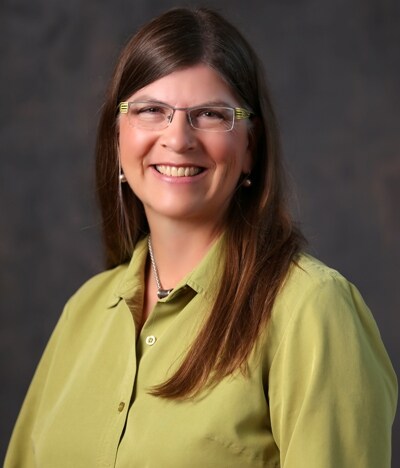 Women with BRCA1 and BRCA2 (BReast CAncer 1 and BReast CAncer 2) gene abnormalities have a very high risk of breastcancer — three to seven times greater than that of a woman without the mutation. The risk of ovarian cancer is also very high. These risks can be lowered substantially by undergoing preventive mastectomy (often double mastectomy) or surgical removal of the ovaries.
Women with BRCA1 and BRCA2 (BReast CAncer 1 and BReast CAncer 2) gene abnormalities have a very high risk of breastcancer — three to seven times greater than that of a woman without the mutation. The risk of ovarian cancer is also very high. These risks can be lowered substantially by undergoing preventive mastectomy (often double mastectomy) or surgical removal of the ovaries.
These are drastic measures, of course, and it’s important to realize that these mutations are rare, accounting for only 5 to 10 percent of breast cancer cases and 10 to 15 percent of ovarian cancer cases.
Only about 1 in 600 women have variants on the breast cancer genes that are known to increase cancer risk. Women of Ashkenazi Jewish descent are more likely to have BRCA mutations, but overall less than one percent of the U.S. population of women has them — highly significant if you’re in that one percent, but not so for the vast majority who do not have strong family histories of inherited cancer.
Though family history of breast or ovarian cancer in a primary relative (such as a mother or sister) may increase a persons’ risk, even these families do not necessarily carry mutations on the BRCA genes. For those with strong family histories that have mutations of unknown significance (and there are many), decision-making about risk-reduction strategies is even more complicated.
Risk-reducing surgery is an individual decision for each woman. Each woman needs to consult with her doctor and consider all the options to determine a course based on her own personal health history and her reproductive decisions. It should be a process. Current guidelines suggest a woman who has a BRCA1 mutation make a decision by age 40.
Knowing if you are at risk of developing breast cancer is an essential part of your breast health. Discovering if risk factors are present is key to preventing or identifying the disease early. For this reason, breast health screenings at the LMH Breast Center now include administration of a family health questionnaire based on the National Comprehensive Cancer Network guidelines.
If your answers on the questionnaire indicate you may be at a higher risk for developing cancer, the LMH Breast Risk Assessment Clinic can provide comprehensive information, clinical services, genetic testing and support. Other options may include increased surveillance with Breast MRI and clinical breast examinations, in accordance with guidelines by the American Cancer Society, the American College of Radiology and the National Comprehensive Cancer Network, and medical management.
An appointment at the LMH Breast Risk Assessment Clinic can involve:
- A detailed review of your family cancer history
- An assessment of cancer risks for you and your family
- A clinical breast examination, if needed
- A discussion of the pros and cons of genetic testing
- Supportive counseling to help you make the best decision for you and your family.
Genetic tests are performed at LMH and require DNA from cells. This may be a blood or saliva test. The sample is sent to a specialized outside laboratory to look for specific changes in DNA. Patients review the results and recommendations with our certified staff to determine individualized breast health plans.
Deciding to pursue genetic testing is highly personal and requires serious considerations. At the LMH Breast Risk Assessment Clinic we appreciate the concerns involved with genetic testing and will work with you and your doctors to help you make an informed decision. For more information about the Breast Risk Assessment Clinic, call 785-505-3300 or visit lmh.org/breastcenter.
Roxy Johanning, MSN, APRN, NP-C, CRN, CMS, CN-BP, is the clinical coordinator and risk counselor for the LMH Breast Center. She works in collaboration with Dr. Sherri Soule, an oncologist at the LMH Oncology Center.